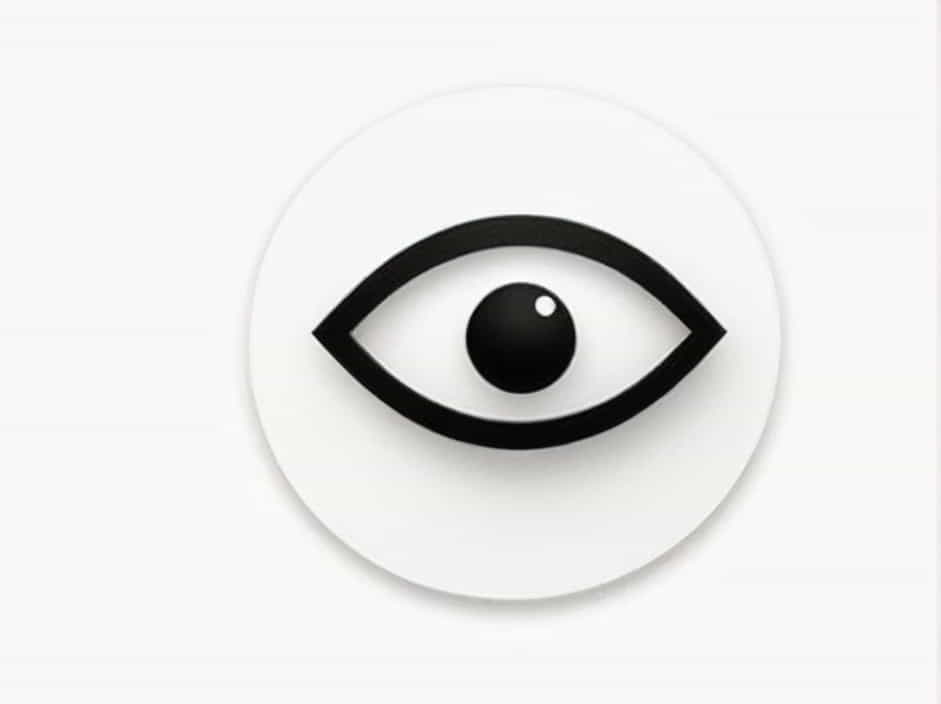The phrase “value is in the eye of the beholder” highlights a fundamental truth-what one person finds valuable, another may not. This concept applies to art, collectibles, personal relationships, and even financial investments. Value is often subjective, shaped by individual perspectives, experiences, and cultural backgrounds.
Understanding this idea can help in negotiations, business decisions, and appreciating the diversity of human preferences. This topic explores the meaning behind the phrase, its applications, and why perceptions of value differ among people.
What Does “Value Is in the Eye of the Beholder” Mean?
This phrase is derived from the well-known saying “beauty is in the eye of the beholder,” which suggests that attractiveness is subjective. Similarly, value is not absolute but depends on individual interpretation.
For example:
- A rare baseball card may be worth thousands to a collector but meaningless to someone uninterested in sports.
- A vintage watch may be priceless to a watch enthusiast but just an old accessory to someone else.
- A handwritten letter from a loved one may hold deep sentimental value, though it has no financial worth.
These examples show that value is determined by perception rather than an objective standard.
Why Value Is Subjective
1. Personal Experience and Emotion
Emotions play a crucial role in how people assign value. Something with sentimental significance-such as a family heirloom-may be priceless to one person and worthless to another.
2. Cultural and Social Influence
Different cultures perceive value differently. For instance:
- In some societies, gold jewelry is a symbol of wealth and status, while in others, art or real estate may hold more value.
- A traditional handwoven rug may be highly prized in one country but seen as ordinary in another.
3. Market Demand and Scarcity
Market dynamics influence value. Rare or highly demanded items tend to be more valuable, but this value can fluctuate. Examples include:
- Cryptocurrencies, which can skyrocket in value based on hype and market sentiment.
- Limited-edition sneakers, which are expensive due to high demand and low supply.
4. Perceived Utility
People value things based on their usefulness. A smartphone may be worth $1,000 to someone who relies on it for work but unnecessary for someone who prefers a simple lifestyle.
Real-World Applications of Subjective Value
1. Art and Collectibles
Art is one of the most striking examples of value being subjective. A painting by Picasso may sell for millions, while another person may see only random brushstrokes. Similarly, collectibles such as rare coins or vintage cars hold immense value for some but seem insignificant to others.
2. Business and Marketing
Marketers use perceived value to influence consumers. Brands often create value through:
- Luxury branding (Rolex, Gucci) – These brands charge high prices because consumers associate them with prestige.
- Personalized experiences – Many businesses use customization to make products feel more valuable to customers.
3. Real Estate
The value of real estate is not just based on the physical structure but also on location, historical significance, and market trends. A beachfront property may be worth millions to a buyer who loves the ocean but not to someone who dislikes the beach.
4. Relationships and Social Interactions
People assign different values to relationships. What one person considers a deep, meaningful friendship might be casual for another. Similarly, a job offer may be priceless to someone seeking stability but unattractive to someone pursuing freedom.
How Understanding Subjective Value Can Benefit You
1. Better Negotiation Skills
Recognizing that value is subjective helps in negotiations. By understanding what the other party values, you can offer terms that appeal to them while securing what you want.
2. Smart Investment Decisions
Investing in assets with lasting or increasing perceived value can lead to financial success. However, knowing that hype-driven markets (such as cryptocurrency or collectibles) can be volatile helps prevent bad decisions.
3. Enhanced Appreciation for Diversity
Understanding that value is subjective fosters tolerance and respect for differing opinions, whether in personal relationships, cultural differences, or business practices.
The phrase “value is in the eye of the beholder” reminds us that what one person cherishes may not matter to another. From material possessions to personal relationships, value is shaped by emotions, culture, market trends, and individual needs. Recognizing this subjectivity allows for better decision-making, negotiation, and appreciation for diverse perspectives in life.
